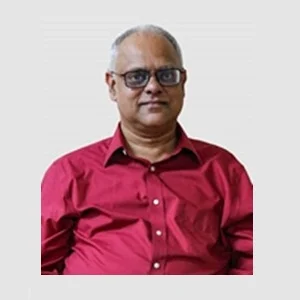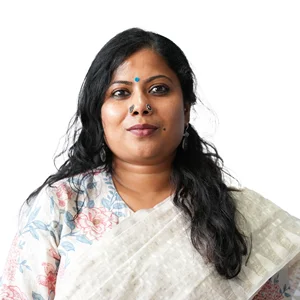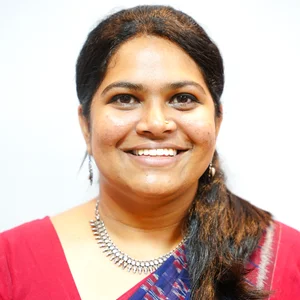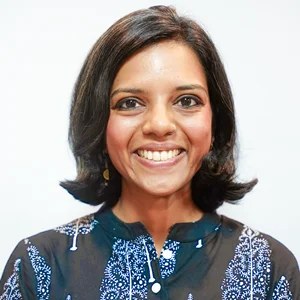- About Us
- Admission
- Academics
- Examination
- IQAC
- Research
- IIC
- Placements
- Student Support
- Anti - Ragging
- Citizenship Training
- Counselling
- Equal Opportunity Centre
- Mentorship
- Mid day Meal Scheme
- Scholarship
- Sexual Harassment (Prevention and Redressal)
- CQAC and SQAC
- Students Welfare
- Capability Enhancement and Development Schemes
- Assessing Learning Levels
- International Desk
- Student Grievance Redressal Committee SGRC
- St. Joseph's Boys Hostel - Apply
- Outreach
- Student Activities
- Infrastructure
- Library & Information Centre
- Computer Centre
- AV Room
- Auditorium
- Wifi Campus
- Cafeteria
- Conference Hall
- Board Room
- IT Facilities
- ICT Enabled Classrooms
- Online Content Development Facilities
- ERP Room
- Sports Facilities
- Cultural Facilities
- Differently Abled Friendly Campus
- Gender Sensitivity
- Green Campus Initiatives
- Sports
- Alumni Activities
About the Department
Established in 1972, the Department of English focuses on providing a humanistic perspective to the study of language and literatures. Over the years the department has evolved as a centre for critical and creative thinking, fostering literary sensibilities, and providing a platform for open dialogues. The curriculum of English courses are shaped as a response to the contemporary challenges in the society, both cultural and professional, and introduces students to different literatures across genres and cultures. Some of the pioneering courses offered by the institution include media literacy, understanding development narratives, debates in the history of ideas covering language, caste, nation, business, politics and technology, debate and argumentation, academic writing, and thinking creativity.
Read More
HoD's Message:
The world that we inhabit is the world that we have created and it is in our ability to transform it. Such an idea might be considered as utopian, but it is great literature that preserves and nurtures such utopias. An engagement with literary and artistic texts is what makes a society self-reflexive and humanistic. Regardless of the academic or industrial expertise one may pursue, it is the relationship with narratives that shapes the selfhood of individuals.
Read More



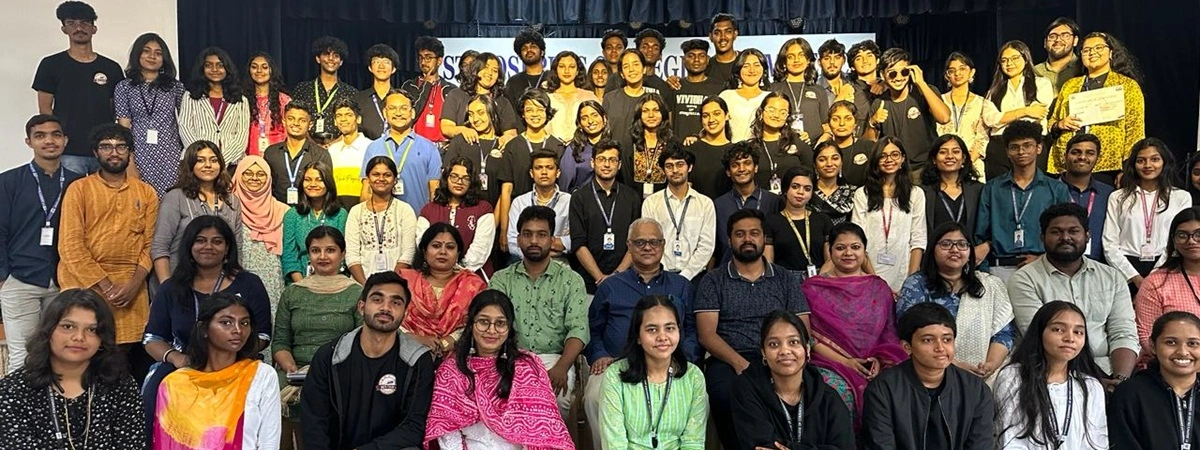
.webp)
.webp)
.webp)
.webp)
.webp)
.webp)
.webp)
.webp)
.webp)
.webp)
.webp)
.webp)
.webp)
.webp)
.webp)
.webp)
.webp)
.webp)
.webp)
.webp)

